The Twinkle Space Mission's Extrasolar Survey
- Blue Skies Space Ltd, London, United Kingdom of Great Britain – England, Scotland, Wales (billy@bssl.space)
The Twinkle Space Mission is a space-based observatory that has been conceived to measure the atmospheric composition of exoplanets, stars and solar system objects. The satellite is based on a high-heritage platform and will carry a 0.45 m telescope with a visible and infrared spectrograph providing simultaneous wavelength coverage from 0.5 - 4.5 μm. The spacecraft will be launched into a Sun-synchronous low-Earth polar orbit and will operate in this highly stable thermal environment for a baseline lifetime of seven years.
Twinkle will have the capability to provide high-quality infrared spectroscopic characterisation of the atmospheres several hundred bright exoplanets, covering a wide range of planetary types. Additionally, ultra-precise photometric light curves will accurately constrain orbital parameters, including ephemerides and TTVs/TDVs present in multi-planet systems.
Twinkle is available for researchers around the globe in two ways:
1) joining its collaborative multi-year survey programmes, which will observe hundreds of exoplanets and thousands of solar system objects; and
2) accessing dedicated telescope time on the spacecraft, which they can schedule for any combination of science cases.
I will present an overview of Twinkle’s capabilities and discuss the broad range of targets the mission could observe, demonstrating the huge scientific potential of the spacecraft. Furthermore, I will highlight the work of the Science Team of the Twinkle exoplanet survey, showcasing their science interests and the studies into Twinkle’s capabilities that they have conducted since joining the mission. Finally, I will discuss ongoing, and upcoming, early career programmes related to the Twinkle mission.
How to cite: Edwards, B., Wilcock, B., Joshua, M., Tessenyi, M., Stotesbury, I., Archer, R., and Barrathwaj Raman Mohan, Y.: The Twinkle Space Mission's Extrasolar Survey, Europlanet Science Congress 2022, Granada, Spain, 18–23 Sep 2022, EPSC2022-597, https://doi.org/10.5194/epsc2022-597, 2022.

